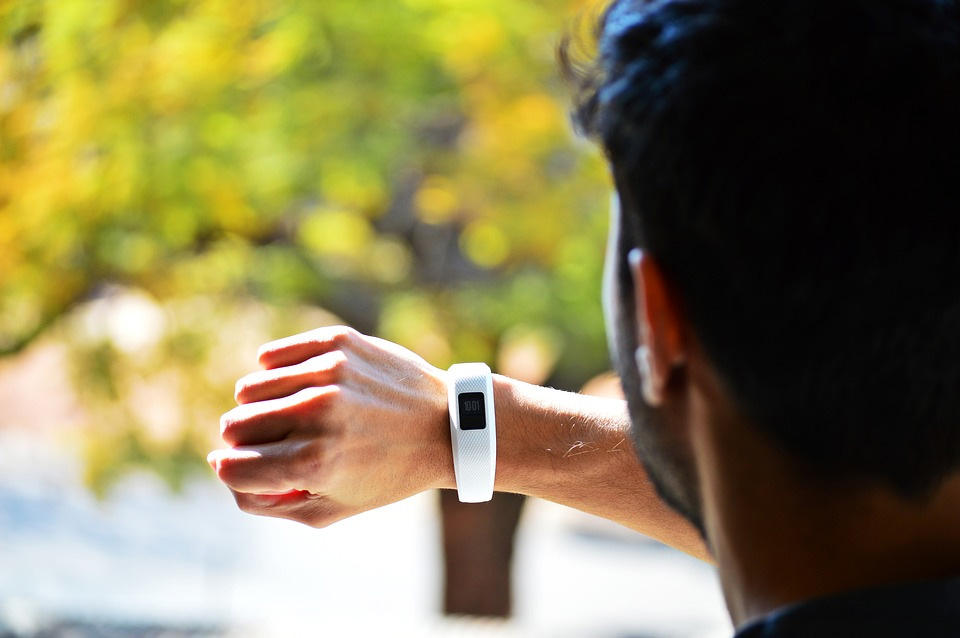The Dark Side of Fitness Tracking and Its Causal Link To Eating Disorders

In today’s health and fitness world, monitoring workouts, calories, and even steps with wearable devices and apps have become the ‘it’ trend. When you visit the gym or jog around the park, you will see many people exercising with a wearable device strapped to their wrists or a phone strapped to their arms. The number of connected wearable devices worldwide is expected to hit 74 million this year and will even rise to more than 1 billion by 2022.
The Fitbit Inspire HR is common among casual users, while serious runners use Garmin’s Forerunner. Even Apple Watch, which isn’t marketed for their health-focused features, has step counting, exercise tracking built-in, and calorie burn. This implies that even if you don’t own wearable or smartwatch to monitor your health activity, the data about your body is just a few swipes away.
However, the study shows that wearable devices don’t help one to become healthier and fitter. They instead take the fun out of working out, hinder weight loss, and are useless after six months of use. Worse is, having instant access to data about your health leads to anxiety and causes disordered eating.
It’s essential to know well how workout, food, and weight tracking could benefit given the continued rise in the wearable technology. Not to mention the fact that these devices are being introduced in gyms, corporate wellness programs, and is highly marketed among the youth.
Fitness Tracking and Disordered Eating
Dr Carolyn Plateau, a professor in psychology at Loughborough University, has been studying the effect of fitness trackers and health-focused apps on regular users. Her study is about discovering the differences in disordered eating, disordered exercise, and mental wellbeing; as between people who use fitness trackers and apps to monitor food consumption, and those who don’t.
The result of her research was quite interesting. It reveals those who did monitor their food intake or activity exhibited higher levels of both disordered eating and workout than those who did not.

The Harm of Calorie-Counting and Nutrition Apps
Even though some wearables offer some tracking real-time that often lead to preoccupation with exercise and health data, apps used on their own may also confirm the same kind of action – but with more focus on food consumption.
Do I Need A Fitness Tracker?
For every user who finds the wearable device can worsen disordered eating, another might use the same app to set and achiever goals in a healthier way.
It’s hard to predict what kind of experience someone will have with a tracking device; thus, Dr Plateau suggests everyone who has an app or device should check in with themselves about how the goals they set with their wearables make them feel. Using a health-focused tool for losing weight is related to more concerning behavior towards eating and food.
In the end, everyone should consider going tech-free. After all, a healthier mind and stronger body can be best achieved without the use of a health-focused device or app.